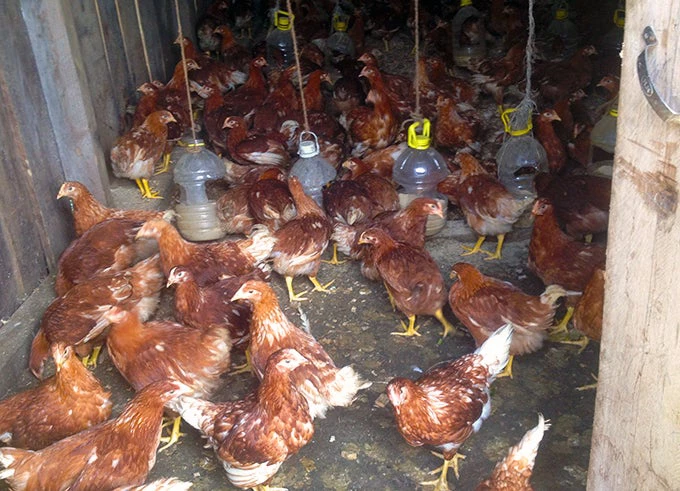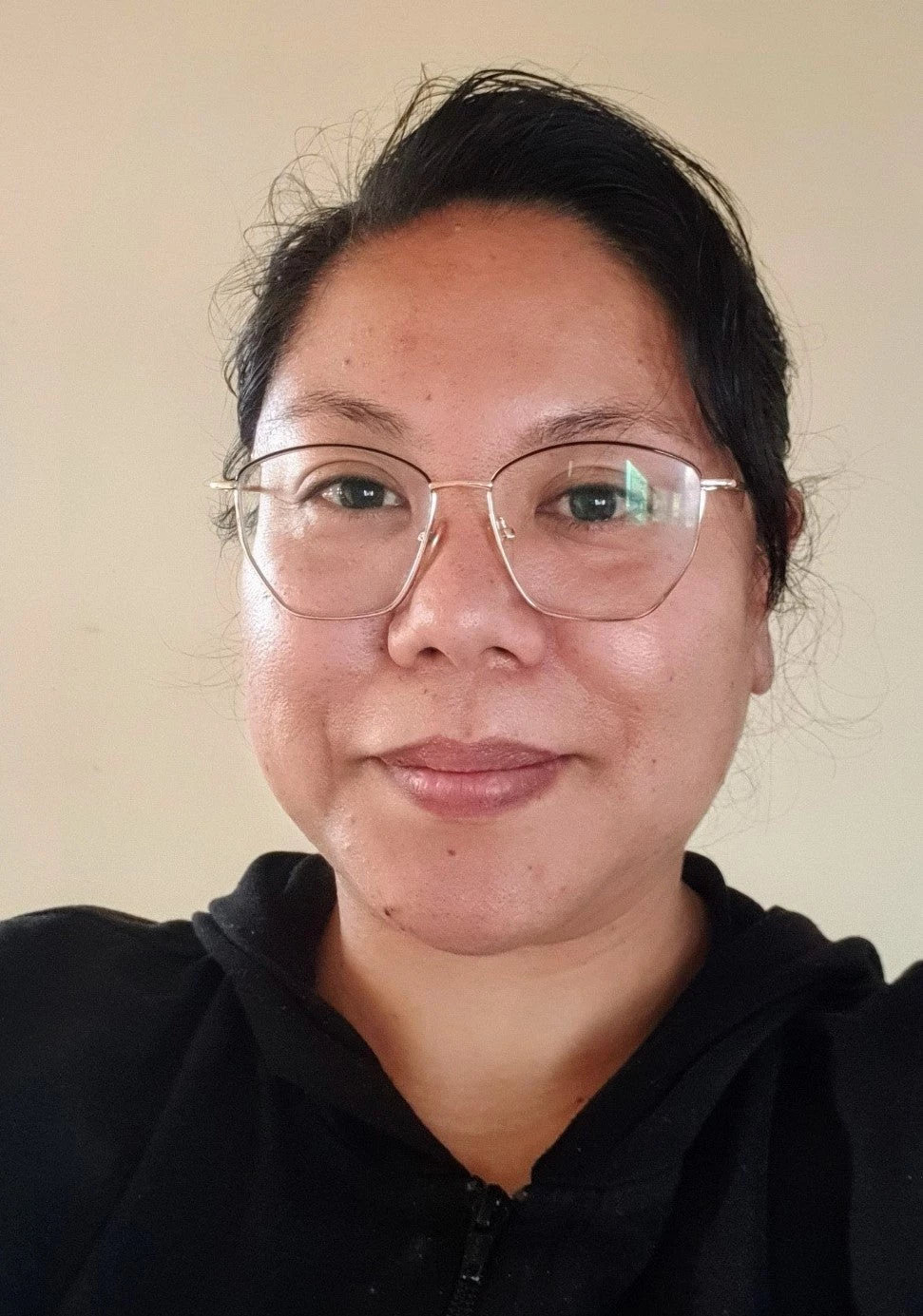
Dechen, a shy, soft- spoken, 31 year-old divorcee, unexpectedly lights up when I enquire about her poultry farm. A single mother of three children (aged 11, 6 and 3), she has strong reasons to feel good about what she does. It’s her sole responsibility to take care of her family from the income generated by the farm.
Dechen’s farm is a 15-minute uphill trek from a motorable road in Langthel village in the Trongsa district nested in central Bhutan. It is approximately a 10-hour drive on winding roads from the capital city, Thimphu.
Despite the remoteness of the village, Dechen is doing well for herself. She has already earned a Ngultrum (Nu) 45,000 (US $684) net profit since she started her poultry farm a year and a half ago. Having her own – and successful -- business has made her more self-confident and determined.
And she has even bigger dreams.
Starting up a poultry farm
Bhutan’s Ministry of Agriculture and Forests has implemented, with support from the World Bank, the Remote Rural Community Development Project (RRCDP) to improve living conditions and incomes in the country’s poorest and most remote rural areas.
Like Dechen, populations in these areas currently rely on subsistence agriculture; they lack access to the roads, irrigation, technologies, and community and social infrastructure that would allow them to improve their incomes and be socially integrated. As part of the government’s drive to maximize the impact of public expenditure, poverty mapping was used as a tool to target project resources to the poorest rural areas in the country.
The project activities are concentrated in 26 geogs (sub-districts) in six Dzongkhags (districts) (Samtse, Haa, Chhukha, Dagana, Trongsa and Wangdue) in south–western and south-central Bhutan, all of which have significant concentrations of poverty.
Within these Dzongkhags, project activities have focused on geogs with a large number of poor and ensured women’s participation.
Under the poultry scheme, beneficiaries like Dechen received corrugated galvanized iron (CGI) roofing sheets, wire mesh, feeders, drinkers as well as cement and construction materials to build chicken sheds. In addition, 180 chickens were provided at subsidized rates to each poultry raiser. Labor costs for the construction and local materials were borne by the beneficiaries.
Dechen invested her own money to acquire 270 chickens on top of the 180 from the RRCDP project.

“I am happy with the generous support that I have received so far. For someone like me, it has been a great help to get by. By selling these eggs, I buy what I need for my daily needs and I have been able to provide for my children.”
Dechen’s Dream
With the income from the previous batch, Dechen has already bought 300 more chickens and she makes about Nu 3500 (US $38) a month by selling eggs to the nearby shops.
I ask her whether there is a strong market for the eggs from your farm. She answers with a timid smile: “My customers want more. They ask me to sell more eggs. I never have enough.”
The poultry farm is the only source of income for Dechen. She also keeps a vegetable garden where she uses manure from her farm.
However, what intrigued me about Dechen was not her hard work, or her daily struggle but her ability to dream big and overcoming adversity. She wants to expand the farm and build her own house. Had there been more chickens available, she would have bought 700 already.
“I want to build my own house on my own land as this is not mine [speaking about the land where her farm is located]. I want to give my children a higher education. I want to expand my farm and have more chicken in a bigger farm- near a motorable road for easy access.”


Join the Conversation